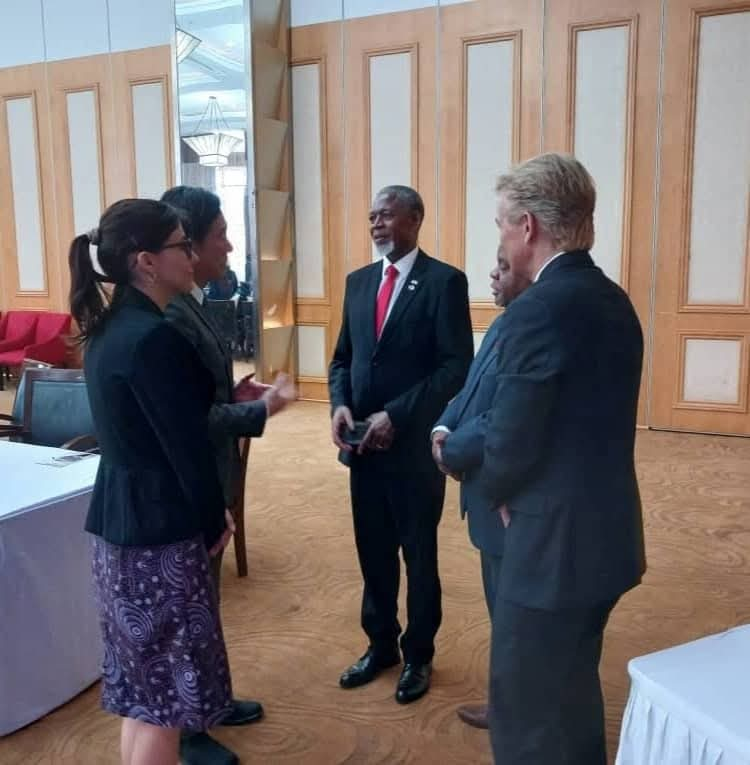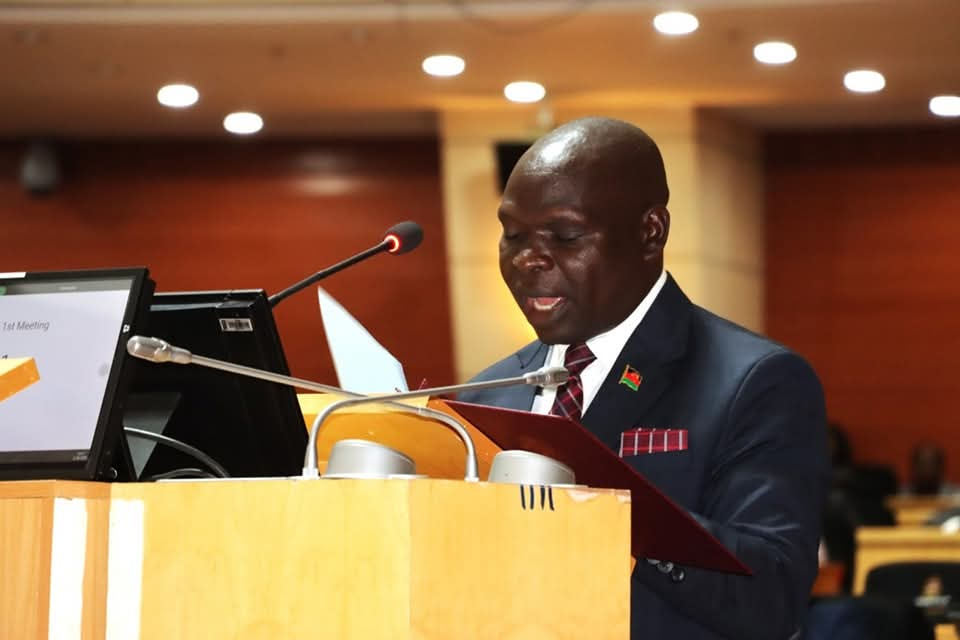By Burnett Munthali
Minister of Justice Titus Mvalo has underscored the pivotal role of governance, accountability, and access to justice in transforming Malawi into a prosperous and self-reliant nation. Speaking at the opening of a rule of law meeting in Lilongwe, hosted by the Chandler Foundation in collaboration with the World Justice Project, Mvalo highlighted these principles as essential enablers for national development.
Mvalo emphasized that these values are not merely aspirational ideals but form the foundation for achieving the three pillars of Vision 2063: agricultural productivity and commercialization, industrialization, and sustainable urbanization.
“Fair and effective regulatory enforcement is critical for industrialisation and attracting investments,” Mvalo stated. “Similarly, ensuring fundamental rights and security promotes trust in institutions, which is essential for social and economic participation. By embedding rule of law principles into every aspect of our development agenda, we lay the groundwork for sustainable progress and resilience.”
The Minister pointed to the critical importance of the rule of law in fostering trust in governance, facilitating economic activity, and enabling social equity. He stressed that for Malawi to achieve its Vision 2063 goals, it must prioritize institutional integrity and ensure that legal frameworks are implemented effectively and fairly.
Malawi has made notable strides in this area, ranking as the second-best performing country among low-income nations in terms of adherence to the rule of law. This achievement reflects a growing commitment to building a society where fairness and justice underpin all aspects of national development.
The meeting, which brought together legal experts, policymakers, and development partners, aimed to explore how rule of law principles can be integrated more deeply into Malawi’s governance and development agenda. The participants discussed strategies to strengthen institutional capacity, improve legal accessibility, and ensure that economic and social opportunities are distributed equitably across the population.
As Malawi continues to navigate its path towards inclusive wealth creation and self-reliance, Mvalo’s remarks serve as a reminder that governance and justice are not just ends in themselves but are instrumental in creating a resilient and equitable society. By fostering a culture of accountability and ensuring access to justice for all, Malawi can build a foundation for sustainable growth and social harmony.




